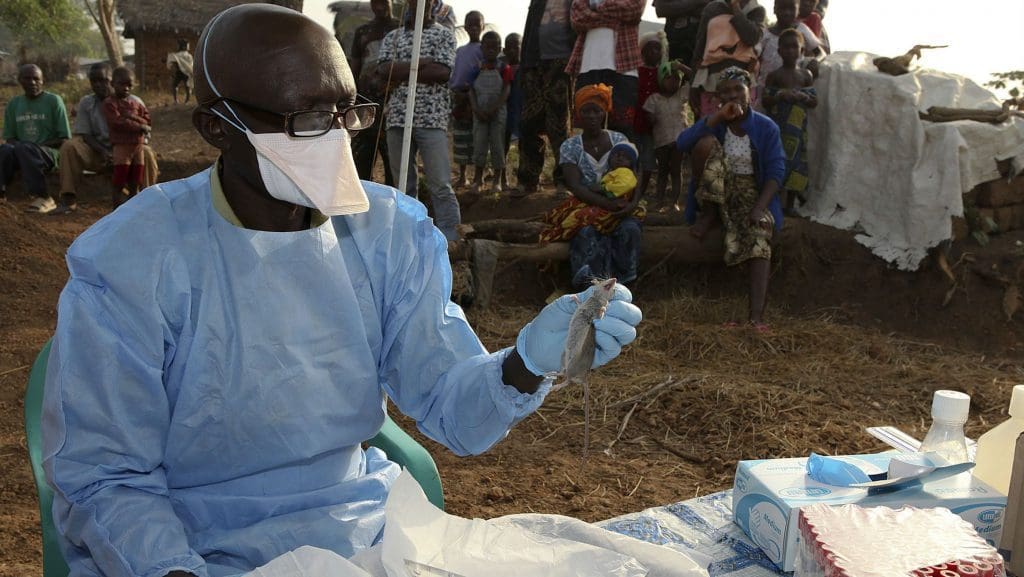Reports from Liberia’s Margibi County on Thursday say there is an outbreak of Lassa Fever in the county that has left one person dead and several others infected.
According to a situation report (Sitrep) issued by the Margibi County Health Team signed by the County Health Officer, (CHO), Dr. Myers Chea Pajibo Tuesday, on October 14, an 18 year-old female received treatment at C. H. Rennie Memorial Hospital in Kakata after being provided healthcare at another facility at the Salala Rubber Corporation (SRC).
The patient was suspected of Lassa fever after failing to respond to treatment for malaria and typhoid.
According to the Margibi report, specimen was collected from the patient and sent to the National Reference Laboratory (NRL), which proved positive of Lassa fever. The patient died during the fourth day of admission at the C. H. Rennie Hospital.
The report said new cases seen to date include one suspected and one probable case who made contact with the deceased, while other suspected cases are unrelated to the confirmed case.
The report further revealed that the total number of contacts to date is 44, including 30 healthcare workers.
It can be recalled that during the Ebola outbreak in Margibi County, several healthcare workers lost their lives, leaving the entire healthcare system in the county unattended for a while in 2014.
At the same time, the Margibi County Health Team has beefed up efforts to increase airing of Lassa Fever messages on media outlets in the county, while carrying out further investigation, intensified
monitoring of contacts, community engagement and social mobilization, active case search in affected communities and psychosocial support for affected healthcare workers are all ongoing simultaneously.
Lassa fever is an acute viral hemorrhagic illness caused by Lassa virus, a member of the arena virus family of viruses, according to the World Health Organization (WHO).
Humans usually become infected with Lassa virus through exposure with food or household items contaminated with urine or feces of infected Mastomys rats. The disease is endemic in the rodent population in parts of West Africa.
Lassa fever is known to be endemic in Benin, Ghana, Guinea, Liberia, Mali, Sierra Leone, Togo and Nigeria, but probably exists in other West African countries as well.
Person-to-person infections and laboratory transmission can also occur, particularly in healthcare settings in the absence of adequate infection prevention and control measures.
Diagnosis and prompt treatment are essential. Early supportive care with rehydration and symptomatic treatment improves survival, said the WHO.
TSS/abj/APA


